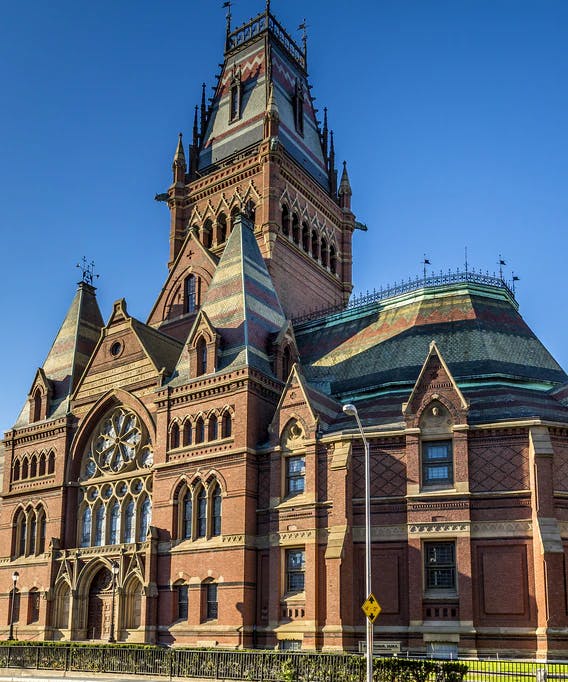Universities Taking Millions In Relief Aid Is Evidence Of A Bigger Illness In Higher Education
Attending college today isn’t exactly a cheap endeavor. According to data reported by U.S. News, the average annual cost is $41,426 at private colleges and $27,120 at state schools for out-of-state applicants. Of course, the tuition reaches jaw-dropping levels at the Ivy League level. Yale University’s annual tuition is $53,430, Harvard University’s is $50,420, and Columbia University’s is $59,430.

What’s most disturbing about these numbers is the fact that most of these universities receive large, ever-growing endowments each year that reach upwards of tens of billions of dollars. It begs the question: Why exactly do these universities require that much money from their students when they’re clearly well funded already?
Harvard Received $9 Million in Relief Money from the Government
All eyes were on Harvard University last month when they came under fire for receiving nearly $9 million in funding from the CARES Act. Politicians, journalists, writers, and even everyday Twitter users chimed in to point out the glaringly obvious issue: if Harvard University is sitting comfortably on $41 billion in endowments, why should the longstanding, highly protected institution receive $9 million of taxpayers’ money while small businesses and millions of unemployed Americans are struggling to make ends meet during the COVID-19 shutdown?
Soon after the expressions of disappointment and distrust in the private Ivy League university, Harvard released a series of tweets announcing that they have refused to accept the relief money from the federal government. “President Trump is right that it would not have been appropriate for our institution to receive funds that were designated for struggling small businesses,” Harvard University wrote. “Harvard has committed that 100% of these emergency higher education funds will be used to provide direct assistance to students facing urgent financial needs due to the COVID-19 pandemic.”
Stanford, Yale, and Princeton universities have also turned down relief funding allocated by the government.
Along with Harvard, Stanford, Yale, and Princeton universities turned down relief funding allocated by the government. While many people announced their support of these decisions, questions are still raised as to the amount of endowments these schools receive and what those dollars are being used for.
Other Universities Aren’t Being So Generous
Meanwhile, other schools are under attack for actions that are commonly being labeled as greedy and unnecessary. University of Southern California (USC) accepted $20 million in emergency grants from the federal government despite the widespread backlash. The school continues to defend its acceptance of the relief funding, insisting they have a lower endowment than other universities.
The University of California and California State University are facing class action lawsuits by more than 700,000 students who are allegedly owed millions of dollars. Because of the COVID-19 quarantine, these students no longer have access to student centers, various student services, health facilities, etc., and they are demanding to be reimbursed for the high price they’ve paid to use these spaces.
UC President Janet Napolitano already announced that no tuition or mandatory fees will be reimbursed to students.
Adam Levitt, one of the lawyers working on this case, said, “It is improper for them to attempt to retain what amounts to many millions of dollars in aggregate in campus fees they collected from their students, even though they terminated the services that these fees covered. A college education is already a monumental expense for students and their families, and to essentially offer them no relief on these material expenditures, particularly during a time when millions of Americans are struggling financially, is not only tone-deaf but unfair and unlawful.”
UC President Janet Napolitano already announced that no tuition or mandatory fees will be reimbursed to students. Michael Uhlenkamp, a spokesman for Cal State, pushed back and insisted that the school is still providing services to students remotely, such as online classes, counseling and advising, and telehealth medical care. The attorneys filing this case, while understanding that all are hurt by this pandemic, insist that it's not lawful or ethical for these bloated universities to take advantage of students and their families, many of whom are suffering from the mandated quarantine.
Closing Thoughts
In a society where we’re made to believe that universities are a place for students to learn, be nurtured, and grow during such a pivotal moment in their lives, it’s no wonder we’re seeing so much pushback and criticism of how these monstrously expensive institutions are managing their finances—and how it affects everyone involved, from the students to the taxpayers.